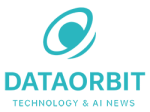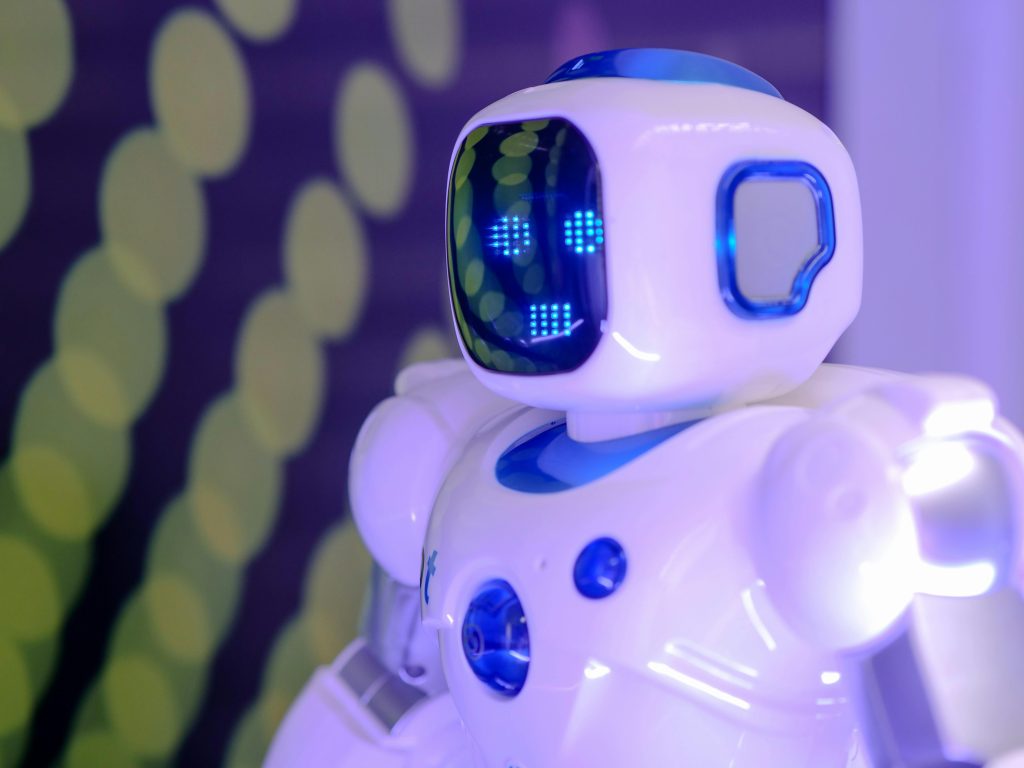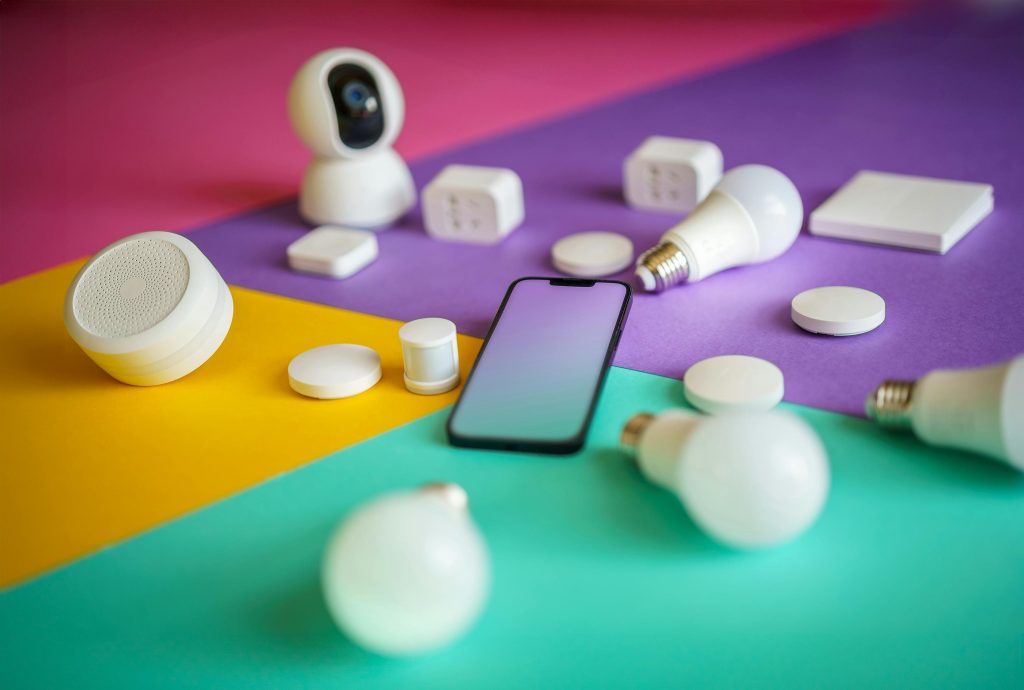From Netflix recommendations to smart fridges that reorder groceries, predictive technology is becoming the standard—not the exception. In the near future, everything from healthcare and education to finance and transportation will be influenced by systems that anticipate user behavior. AI-driven models will suggest career moves, detect disease before symptoms appear, and even predict social behavior based on online patterns.
This post explores the impact of anticipatory technology on everyday life. It highlights the advantages—like efficiency and personalization—while also warning against algorithmic determinism and data overreach. In a predictive world, the challenge is not what machines know—it’s whether we’ll still have the freedom to surprise ourselves.



